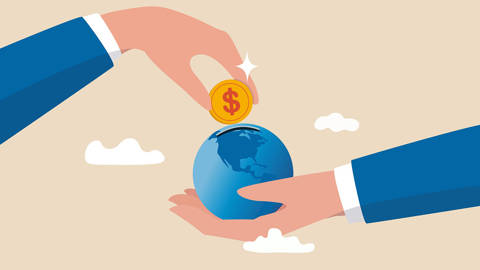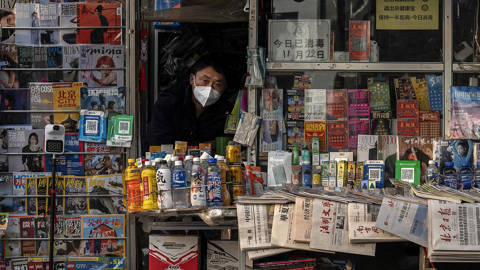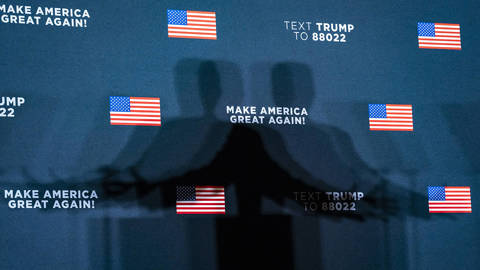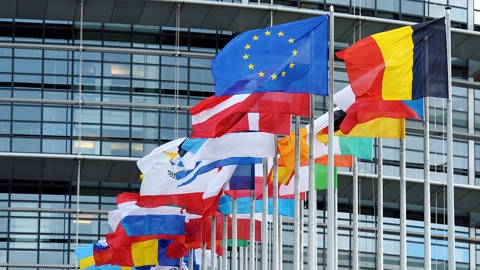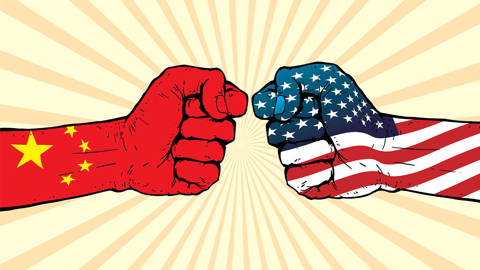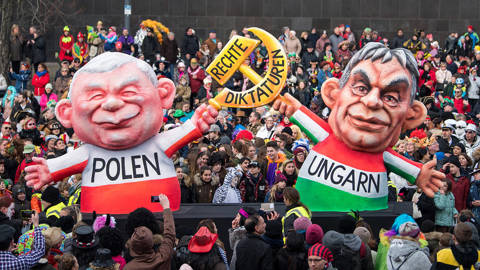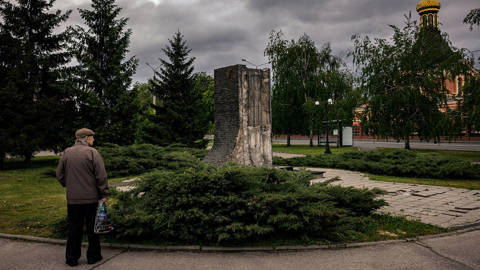Eduardo Levy Yeyati
Eduardo Levy Yeyati, a former chief economist of the Central Bank of Argentina, is Dean of the School of Government at Universidad Torcuato Di Tella, Faculty Director of the Center for Evidence-Based Policy, and a non-resident senior fellow at the Brookings Institution.
-
Latin America’s Triple Policy Challenge
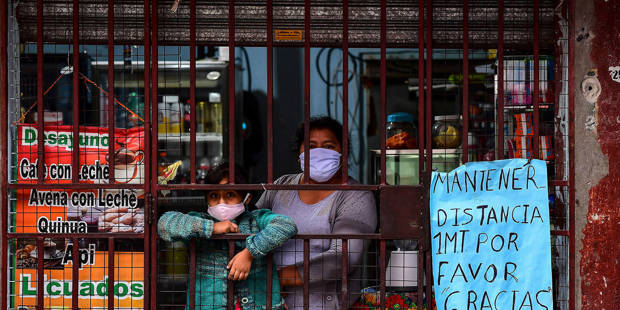
Latin America’s Triple Policy Challenge
Aug 30, 2022 Ilan Goldfajn & Eduardo Levy Yeyati argue that subpar growth, fiscal imbalances, and rising inequality must be addressed simultaneously.
-
Argentina's Imaginary Miracle
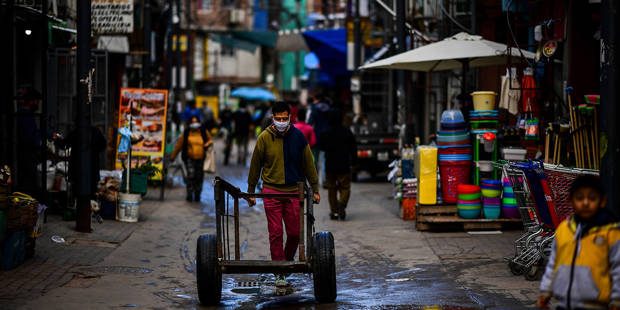
Argentina's Imaginary Miracle
Jan 21, 2022 Andrés Velasco & Eduardo Levy Yeyati think the data do not support bullish assessments of the Fernández administration’s economic record.
-
Latin America’s Pandemic of Woe
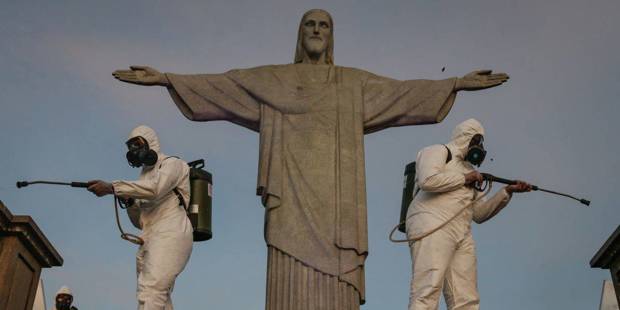
Latin America’s Pandemic of Woe
Jan 14, 2021 Mauricio Cárdenas, et al. fear that a protracted economic crisis could cause the region’s political climate to worsen in 2021.
-
The COVID Reset Latin America Needs
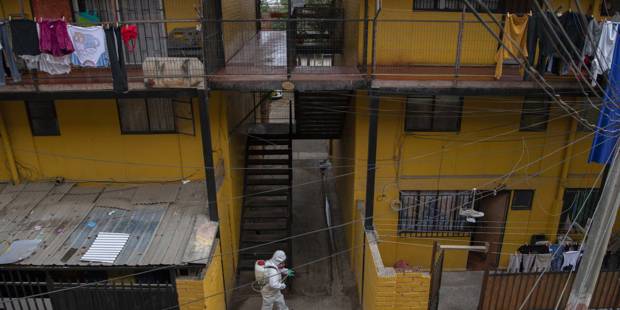
The COVID Reset Latin America Needs
Nov 9, 2020 Mauricio Cárdenas, et al. identify two structural weaknesses that the pandemic has highlighted – and that policymakers must overcome.
-
Latin America’s Middle-Class Mirage
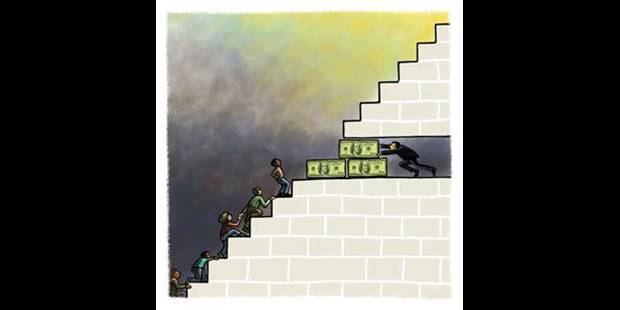
Latin America’s Middle-Class Mirage
Sep 25, 2013 Eduardo Levy Yeyati on the illusion of emerging countries' growing middle classes.
